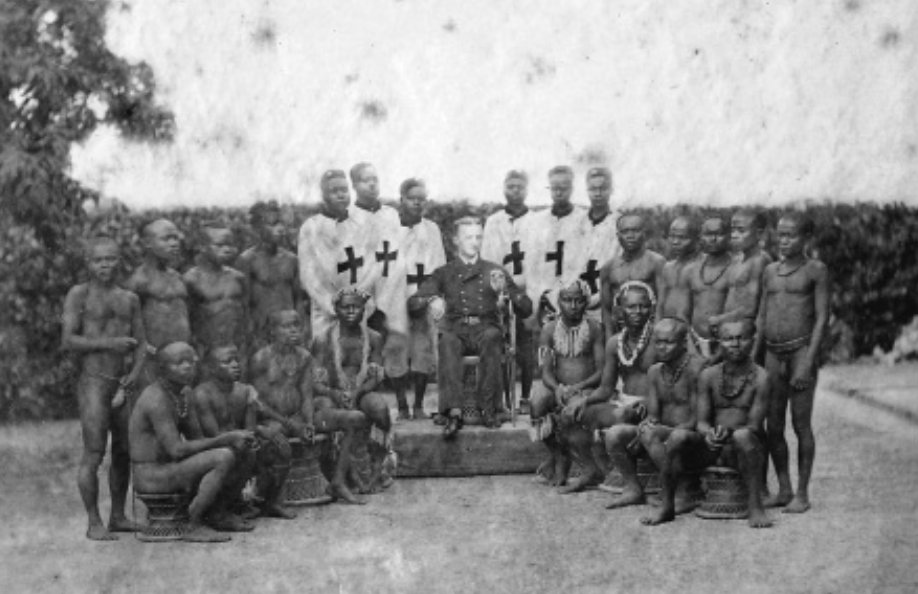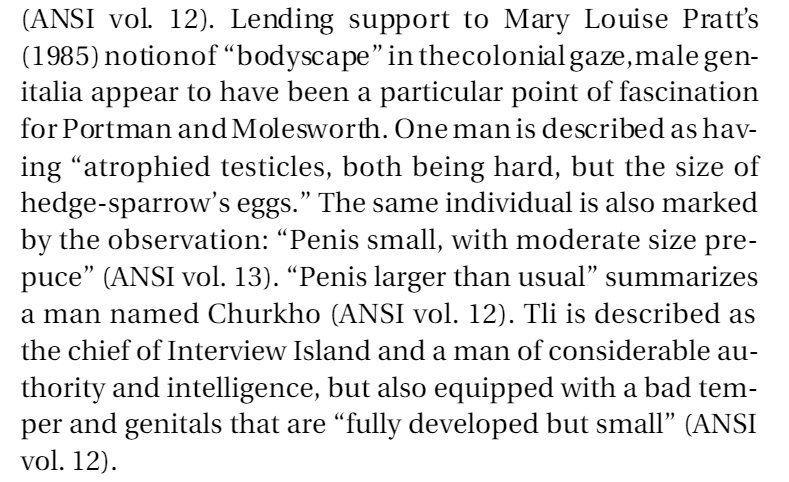Recently I participated in a discussion with two very courteous and well intentioned men of another Christian faith who were trying to expose the challenges the church faces today. In our discussion we covered only two topics, but in a previous discussion they covered a number.
There was in insinuation that the church has secret teachings and a checkered past that its tried to hide for far too long, and that the jig is coming up - the truth is coming out - and members of the church are checking out.
Let me start by acknowledging there's some truth to that. There are elements of our history that are controversial. The church has been very guarded with elements of its history because of treatment we've faced in the past over them. So let's look at the merits of this case.
First, I think we should ask if there are ever times it's appropriate to withhold information.
To me, the scriptures and God's actions as a whole form a resounding yes.
"You need someone to teach you the elementary truths of God’s word all over again. You need milk, not solid food! ... solid food is for the mature, who by constant use have trained themselves to distinguish good from evil."
Paul wrote to the Hebrews.
Christ taught in parables to obscure the meaning of scripture from those who were unprepared to receive it.
The Lord taught through Isaiah,
Why is it that knowledge can be so dangerous? Why is information withheld by God from those who are unready to receive it? Well, for a number of reasons. Let's look at the resurrection.
When the Jewish leadership had Christ killed because they rejected Him as the messiah, Christ didn't show himself to them after His resurrection to prove to them they were wrong. The proof of His resurrection was withheld from them.
Christ in fact appeared only to a few chosen individuals relative to the population of the world that would depend on Him for salvation. He remains hidden from the world today, and He explains that reason to His disciples:
It comes back to faith. We are here in this life in part to build and demonstrate our faith (and by faith we mean belief that moves to righteous action). "You believe that there is one God. Good! Even the demons believe that—and shudder." says James.
Alma sheds additional light on why withholding knowledge from those not ready for it is a merciful act, asking "And now, how much more cursed is he that knoweth the will of God and doeth it not?"
For the Pharisees it was a mercy not to see the resurrected Lord, because even knowing their hard hearts would still have rejected Him, and they would have been all the more damned.
What other reasons are there for withholding meat? For safety. Christ taught the apostles that He withheld information from the general crowds because at the time they would not be safe if that information was known generally; the primary example being his true identity.
I think Paul's example of meat, or solid food compared to milk has a lot of meaning to draw from. How can meat hurt us? Why does it have to be served just right in order to benefit us?
Well meat can be served poorly seasoned which makes it unappetizing, all the way to being served raw. The way that it is served can make it nourishing and satisfying - fantastic even - or can make turn us away, make us sick, or even kill us.
Will Christ hold blameless those who serve up soured meat for others to eat? I don't think He will. When discussing abuse He makes a statement that seems to me also holds broader meaning:
Some seem to make a sport out of casting stumbling blocks, challenging each other who can lob the largest and the farthest. And, there are those who have made a profession out of it, being financially wedded to the neatly paved highways they create to lead people astray.
So lets look at some sour meat, and examine if it really holds up to the sniff test. We'll start with a favorite stone that critics love to lob, that 'Mormons' believe God had sex with Mary.
This is taken form the website of Mormonism Research Ministries and was written by Eric Johnson:
In the first place, it takes two separate teachings and tries to link them as one.
1. Our Heavenly Father is literally the Father of Christ
2. That Christ's creation must have been the product of a sexual union.
We believe the first point as a matter of doctrine, and I won't argue that. We believe that God the Father is the Father of Christ's body. He inherited divine attributes into the mortal body co-created by Mary. In modern terms we'd say that He has His dad's genes.
The second point though not only isn't our doctrine, but it conflicts with it. Speaking on the subject of speculation on doctrine for which we have no revelation to support, or which contradicts revelation we have received, Harold B. Lee taught:
Was Harold B. Lee the only one to teach this? No, Bruce R McConkie himself (whose statements are often put forth as evidence the we believe something we don't) made it plain that while we believe the Father begot Christ in the flesh it was not by a sexual act.
To this we need to add another caution. There are a number of quotes by Brigham Young that have been used over the years to bash the church over the head to misrepresent our beliefs. One of the fruits born out by the increased scholarship on our history has been to learn that /
Brigham's scribe George D. Watts made huge alterations to Brigham's writings that make the Journal of Discourses these quotes are often mined from an unreliable source for things Brigham Young actually said.
(See this article for examples:
https://t.co/KHWZlBppSY)
It's a testament to John the beloved's prophetic wisdom in counseling the danger of altering prophetic utterances. How many problems could we have avoided if Watts had been accurate in recording Brigham's words? We'll never know.
How many problems could we avoid wasting ink and electrons defending those bad recordings of bad doctrine? Again, we're never going to know - but it shows the wisdom of the church in affirming what we've always affirmed - we believe the standard works and the living oracles.
This takes us to a larger question. Does it fairly represent the beliefs of the church to go dumpster diving for yesterday's spoiled teachings? If opinions of past leaders are left by the wayside do those opinions accurately represent what the church teaches and believes?
Or is it more accurate to recognize that those past teachings were left by the wayside because we as a church recognize they don't harmonize with out doctrine and that we rejected them long ago?
Here's the big secret- if you want to know what members of the Church of Jesus Christ of Latter-day Saints believes I'll give you the time and date of the super secret meeting where we teach it all. It happens in April and October and its broadcast free for all the world to hear.
Over the pulpit of today's general conferences you're going to hear every deep doctrine we teach of you're spiritually tuned to hear it. What are you not going to find? Past opinions that we as a church have discarded because they don't align with what God has revealed to us.
I think there has been a welcome maturing of the understanding we as a church have had as to the importance of avoiding speculation on doctrines we have no foundation for. There has always been the danger of seeking, as Paul says, knowledge that puffs up.
If you want to judge us as a church you don't need to jump back to the 1970's, or the 1930's or the 1850's. We believe that God will YET reveal many great and important things. We have grown as a church, as Isaiah said, line upon line and precept upon precept.
That's the beauty of a living church. We're not bound to the past instances of times we "saw through a glass darkly," the light of revelation continues to stream through the glass - and with each passing day we get a fuller, richer view of God's plan for His children.
I find it telling that our critics love to quote mine. In doing so they pass by mountains of prophetic teachings to pull out a pamphlet's worth of what they find objectionable. It's the same short stack of quotes every time. They're so focused on the 1% of what they see as bad /
that they miss the 99% of what we actually daily live and teach because it contradicts their narrative. When they pull our scriptures out of context they omit the surrounding verses that often answer the very objections they are raising.
There's a statement from Joseph Smith that I think is powerful: "Do you think that even Jesus, if He were here, would be without fault in your eyes? His enemies said all manner of evil against Him-they all watched for iniquity in Him."
Even in Jesus Christ, God Himself, the one perfect man to walk the earth, the Pharisees, Sadducee's, Scribes and rulers found fault - why? Because that's all they were looking for. Determined Christ was wrong, they sought and found proof that He wasn't messiah.
They strained at the gnat, and swallowed the camel whole.
Are we any less susceptible? If we're determined to find fault, even with Christ's true gospel (whatever version you may think that is) - can we create it where no fault exists?
"Your thoughts are not my thoughts" saith the Lord. If we are expecting to find the true gospel always and only to meet our own expectations we are setting ourselves in the role of God and asking that He conform His truth to us.
We have the duty to trust in the Lord with ALL our hearts, and lean not to our own understanding. In ALL OUR WAYS acknowledge Him, and HE - of we're truly faithful - HE will direct our paths.
May we all aspire to that blessing is my prayer in the name of Jesus Christ.





























